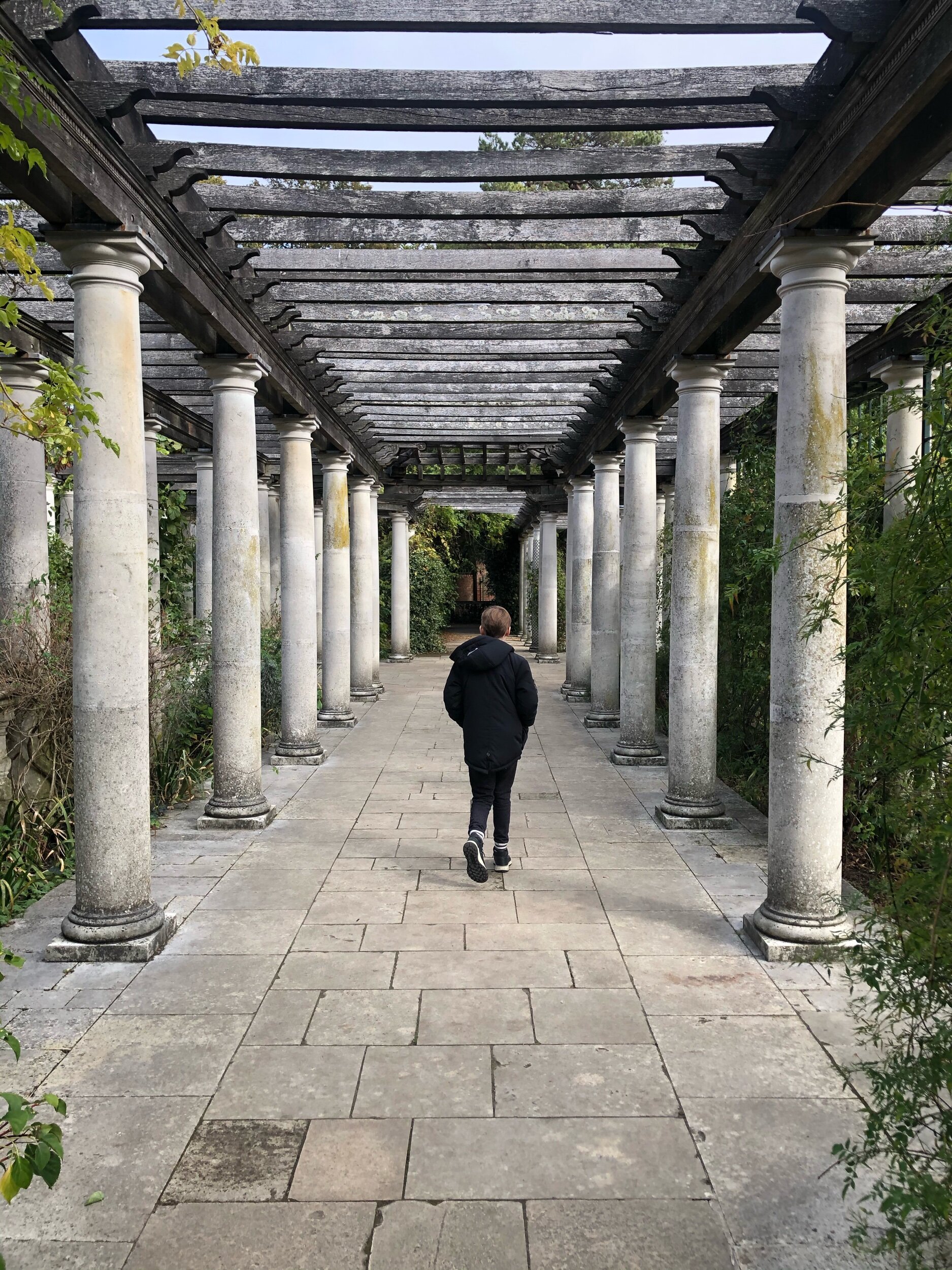The rising and falling of the mist
There is a time, just before the sun goes down on the village, when the mist that surrounds us lifts and falls as though dragged in a short loop by the moon. My friends often come round to visit at this time. They sit with me, we drink tea at the outside table and wait for the loop in the mist – the small bank that rises and swirls back beyond the field.
I listen to my friends telling stories and misremembering things. Celia talks fondly about a brother, Sandy. He used to swim in the river near their home in autumn and winter when it would swell and shimmer under the cold sunlight. He had auburn hair that fell in front of his face like dead stalks of grass, and he would squint at you and hold his hand up in a little salute. His eyes were tiny grey buttons – they seemed to have almost no pupils at all because Sandy was always facing the light. She remembers the water on his back as he cut against the river’s current. His breath that made no sound.
We know not to ask Celia which river, or where she lived, or what Sandy grew up to become – because it is very likely that none of these things were real. She had never thought of a boy called Sandy until she arrived at the village. In the village, in her days of learning and activity, Sandy became real to her. A brother to think of. A river to shield her eyes from. We cannot tell her that in reality there is no left-behind Sandy, there is no muscular winter river.
As Celia talks, I like to hold onto her arm and rest my cheek on her shoulder. She is strong under her big jumper, and the way she moves is like the water flowing in her unreal river. She talks again and again about his amazing prowess in the water. His questioning looks. His playfully infuriating manner with their parents. Sandy was always just the other end of the garden, so you had to shout to him if you wanted to tell him something. Or he was just leaving the table as she began to eat. Just closing the front door on his way out into the wilderness. Her brother Sandy is everywhere she has not prepared herself to be. I do not tell her, as I rest on her arm, that I dream of her brother too. Sandy has become one of my most touchable dreams.
The mist rises and coils way out at the boundary, and the fragrance of a city murmurs to us, giving us the flavour of our old excitements and dangers. We drink more tea and argue gently about the colour the buses were, and about the possibility of rain like before, and the possibility of more hot water in the pot.
